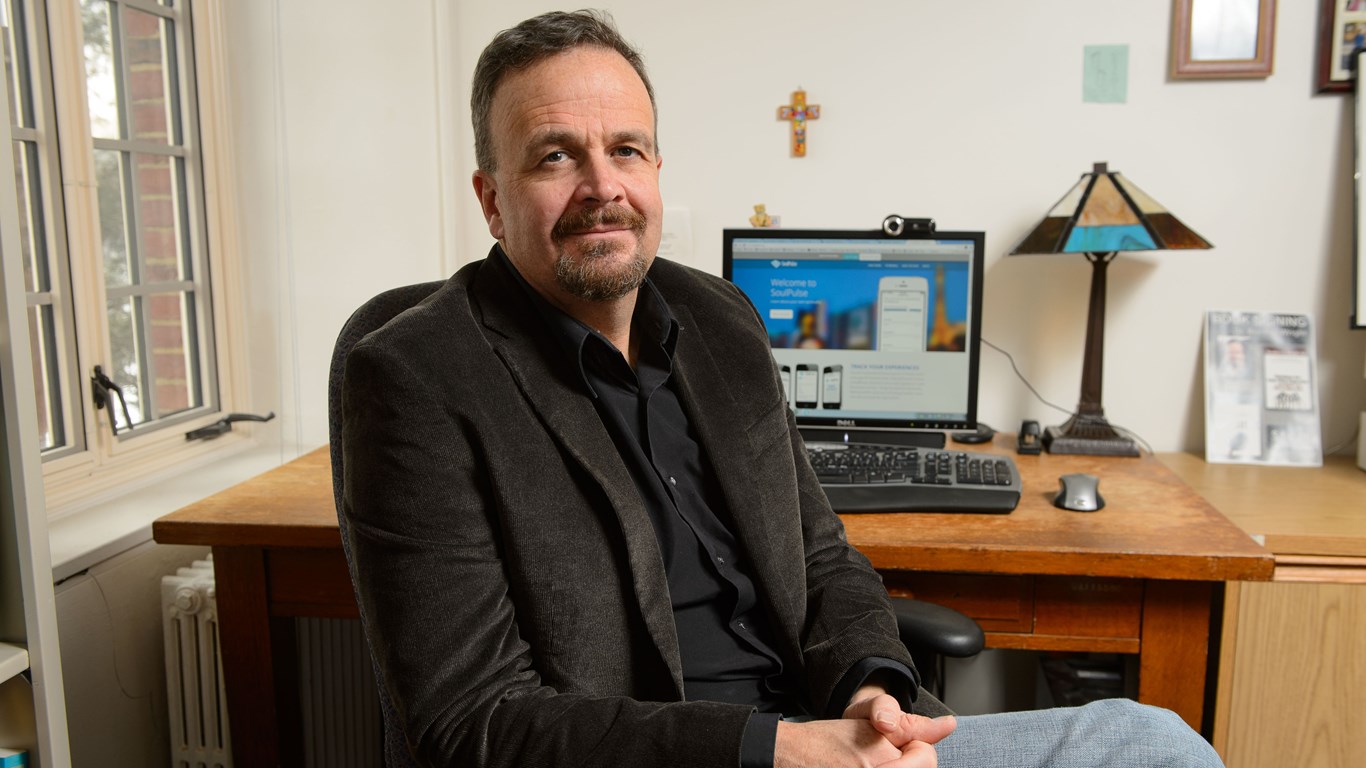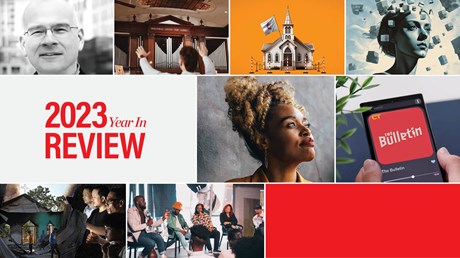
Give today to help Christianity Today continue its groundbreaking coverage on the latest research affecting the church.
Give NowGive today to help Christianity Today continue its groundbreaking coverage on the latest research affecting the church.
Give NowDo Christian churches in the United States actually welcome people from different racial and ethnic groups? After completing Christians Are Hate-Filled Hypocrites … and Other Lies You've Been Told in 2010—and winning a CT book award for it—this became a pressing question for Bradley Wright. The University of Connecticut sociologist turned to his discipline—and created a study. He described his process in Christianity Today's July/August 2015 cover story, "Dear Pastor, Can I Come to Your Church?":
More than 3,000 congregations received an email ostensibly from someone moving to their community and looking for a new church. We measured whether the churches replied to this email and, if so, what they said. But there was a catch: We varied the names attached to the emails so that they conveyed different racial and ethnic identities. Would the names alone change how churches replied?
One of Wright's goals was to try to account for and measure implicit bias.
"I was more interested in behavior than self-reported attitudes," he told CT. "Our society is at the point where it's now viewed as unacceptable for people to express prejudicial attitudes or intent to discriminate but sometimes people might still do it and might not realize that they're doing it."
When they initially reached out to churches, Wright and his team "were very careful not to send multiple letters to churches."
"If all had changed was the name, they would start getting suspicious," he said.
Little by little, results came in, the volume of data at times overwhelming.
"We had several thousand responses," Wright said. "But the churches wouldn't always say who they were; they would just say 'Hey, we'd love to see you,' and it was just some guy's personal email account and we didn't know who it was.
"We spent a lot of time googling people's email addresses and names," he added.
After collecting two months of responses, Wright and his team spotted some patterns: Evangelical and Catholic churches didn't have statistically significant responses between letter-writers with white-sounding names and those with black, Hispanic, or Asian ones. Mainline ones were much more troubling: "For every 100 mainline churches that replied to white-sounding names, 89 replied to black names, 86 to Hispanic, and only 72 to Asian," Wright wrote.
Conclusions couldn't be drawn about churches on an individual level, but that the collectively the data could reveal something far greater, Wright argued.
"If St. Theodore's in Iowa doesn't respond, we don't know if it's because they don't respond to letters or if they don't like African Americans," Wright explained. "But we can see discriminatory patterns in the aggregate."
Two ways that Wright wished he could have improved the study: reaching out to more Catholic parishes to make "stronger Catholic/Protestant comparisons," and looking "more carefully at the relationship between class and race because you might see people of a different race differently if you think they're wealthy."
"What I had hoped is that churches would be more careful and thoughtful about how they greet visitors," said Wright. "We'd have to repeat the study a couple years from now in order to see the effect. I know a couple churches that have incorporated some of this material into sermons and some pastors have contacted me wanting to incorporate this into their sermons."
Wright praised CT's interest in sharing groundbreaking studies such as this, including taking the risk of tackling racial issues to help the church grow into its best self. He said, "I really appreciate CT's engagement of cutting edge social science and its integration into Christianity."
Morgan Lee is assistant editor of Christianity Today.








